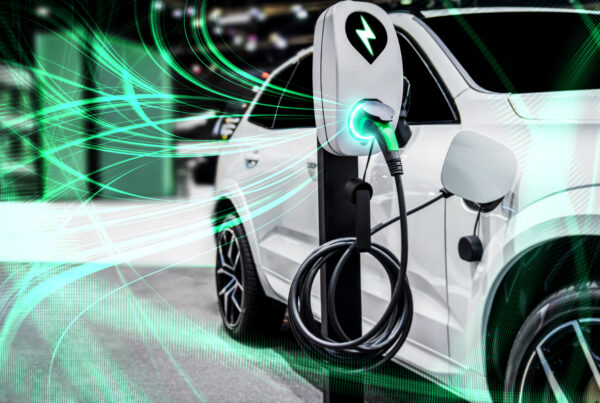Thailand’s car market sales continue to drop into late 2024, according to the Thai Federation of Industries (FTI). The beginning of Thailand’s declining vehicle sales occurred last year in 2023, with little improvement over the course of a year.
SALES AND PRODUCTION TRENDS
Thailand’s car sales are seeing a devastating drop well into 2024. In September of this year, Thailand’s sales hit an all-new low with only 39,000 car units sold. Its continuous downward trend had not dipped below 40,000 units since April 2020, the height of the COVID pandemic.
Thailand’s year-on-year (YoY) comparisons for its car sales sees significant decrease of 25 per cent From January to September of 2024, compared to sales of the same period last year. In the last year, the market peaked in March 2024 with 56,000 units sold. Not soon after, car sales plunged to 46,000 units in the next month.
Despite its struggle to boost sales, Thailand remains confident in its reputation as Asia’s vehicle “production hub.”
This will change Chinese EVs into Thai EVs, which can then be exported,” FTI spokesperson Surapong Paisitpattanapong hopes.
TIGHT ECONOMY, LOWER SALES
The country’s downward trend in sales is accompanied by its equally decreasing productivity rates. Both low sales and production rates have forced auto manufacturers in Thailand to cut costs and labour. Thus, Thailand’s projected car production target was lowered to 1.7 million units from 1.9 million.
One cause of Thailand’s recent low sales performance is the difficulty in securing loans from financial institutions.
“Stricter measures for credit approval from financial institutions, coupled with household debt that was nearing 90% of GDP, led to a higher rejection rate for auto loans,“ Mr. Surapong explains.
Thai authorities had been previously optimistic about the country’s car market, but The FTI Auto Club has since readjusted its year-end car sales targets to 550,000 units from 750,000 units and EV sales targets to 76,000 units.
Positive results of the country’s efforts, including government incentives for car manufacturers, remain to be seen.
“The industry hopes that the government’s economic stimulus campaigns, as well as the disbursement of FY2025 from October, would induce more investment, employment, and consequently domestic spending,” added Surapong.
Was this article helpful? Hit that heart button!














